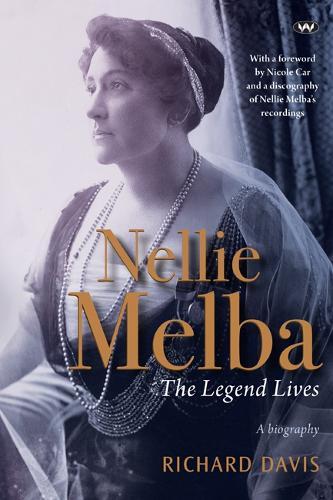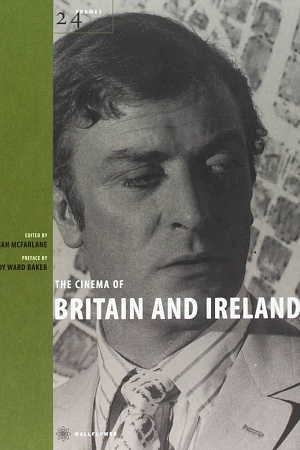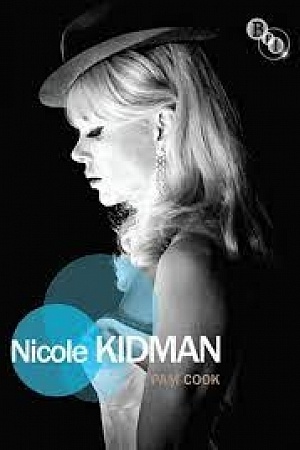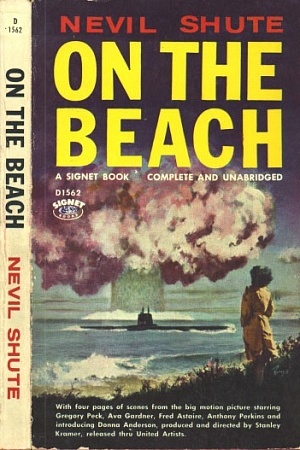Shakespeare’s cinema of love: A study in genre and influence
Manchester University Press (Footprint), $154 hb, 247 pp, 9780719099748
Shakespeare’s cinema of love: A study in genre and influence by R.S. White
Does William Shakespeare still matter? The question was posed frequently throughout 2016, the quatercentenary of his death. Those sceptical of Shakespeare’s enduring relevance faced the challenge of explaining the seemingly endless proliferation of films and adaptations of Shakespeare’s plays in an age ostensibly dislocated from early modern sensibilities and politics. R.S. White’s timely book on the influence of Shakespeare on Hollywood cinema offers a refreshing account of the ‘contestatory and symbiotic’ relationship between Shakespeare’s generic innovations and the development of cinematic genres in early Hollywood. For White, although the influence of Shakespeare on contemporary film culture can be measured by the sheer number of explicit adaptations, a more significant legacy can be discerned in the degree to which Hollywood’s comedies of love exhibit ‘a deeper, structural analogy’ to Shakespeare on the level of genre itself.
White’s thesis is that Shakespeare’s presence in virtually every cinematic genre imaginable is less the product of the ‘apparent ease’ with which his plays can be referenced, but rather ‘the fact that his plays have had some part in the creation of these movie genres’. (An intriguing by-product of this claim is the observation that resistance to Anglo-centric tradition made France’s film industry a distinct outlier in the global market precisely because it escaped the formative influence of Shakespeare on its cinematic genres.) Occasionally, White overstates the originality or ‘singularity’ of Shakespeare (to borrow Gary Taylor’s term from Reinventing Shakespeare, 1989), but his usual practice is to more cautiously suggest that ‘Shakespeare helped to prioritise some paradigms of love’ that were ‘absorbed into movies’.
Continue reading for only $10 per month. Subscribe and gain full access to Australian Book Review. Already a subscriber? Sign in. If you need assistance, feel free to contact us.










Leave a comment
If you are an ABR subscriber, you will need to sign in to post a comment.
If you have forgotten your sign in details, or if you receive an error message when trying to submit your comment, please email your comment (and the name of the article to which it relates) to ABR Comments. We will review your comment and, subject to approval, we will post it under your name.
Please note that all comments must be approved by ABR and comply with our Terms & Conditions.